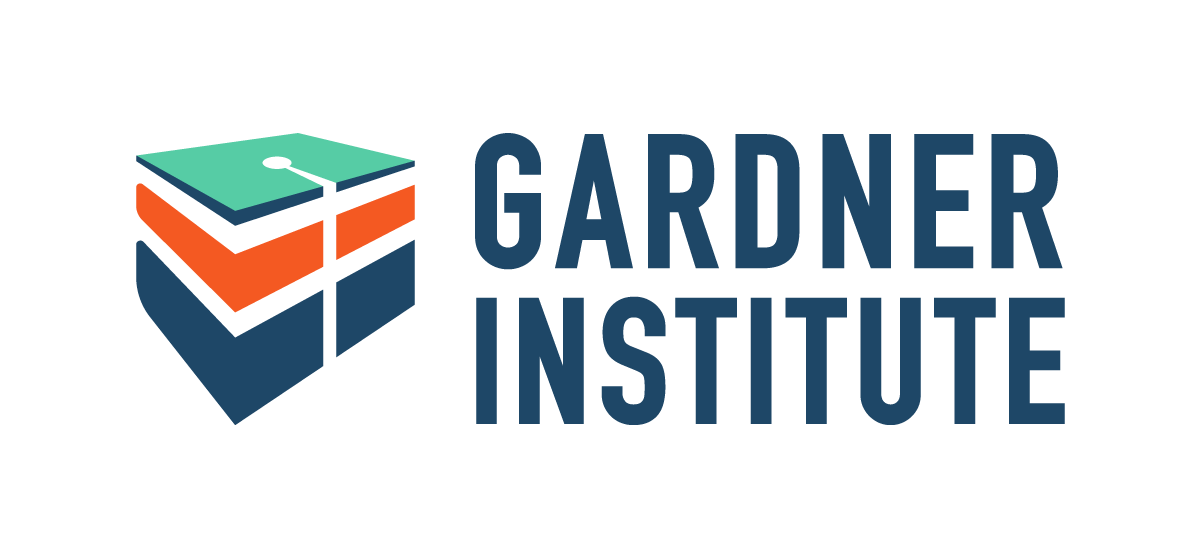Pedagogy, Advising, and Curricular Excellence
The Pedagogy, Advising, and Curriculum Excellence (PACE) project was set up to help universities from two regions – the Southwest and the Midwest – redesign their high-risk gateway courses and related curricula pathways. It also had the intention of supporting student success through the combined efforts of the Gardner Institute’s Gateways to Completion (G2C) course redesign process and the Excellence in Academic Advising (EAA) process, a collaboration between the Gardner Institute and the Global Community for Academic Advising (NACADA). This amalgamation was done to bring about better outcomes than what the individual processes alone could achieve.
Goals
- To create a strong foundation and framework that will enhance the speed and rate at which students – especially historically marginalized and disadvantaged students – achieve success and continue with their chosen academic programs.
- To aid a specific set of colleges and/or universities in transforming their high-risk gateway courses; along with the curriculum pathways linked to those courses; as well as enhancing the academic advising experiences that facilitate student success in the restructured courses and curricular pathways.
- To uncover and rectify any unjust designs in courses, curricula, and academic advising.
Funded by
- ECMC Foundation– Based in Los Angeles, ECMC Foundation is a nationally-focused foundation working to improve higher education for career success among underserved populations through evidence-based innovation. It is one of several affiliates under the ECMC Group enterprise based in Minneapolis, which together work to help students succeed.
In pursuit of system change, the Foundation’s grant making and investing are concentrated on the three following strategic priorities: removing barriers to postsecondary completion; building the capacity of institutions, systems and organizations; and transforming the postsecondary ecosystem. The Foundation uses a spectrum of funding structures, including strategic grant making and program-related investments through Education Innovation Ventures, to invest in both nonprofit and for-profit ventures.
Partnering With
- Darmour Systems- is an industry leader in providing data management and visualization tools that facilitate meaningful, predictive analytics. All of our products are web-based and are built using the latest complex networks, machine learning, and cloud computing technologies.We operate a collaborative facility that brings together a broad range of scholars and software developers with a range of expertise, precisely tuned to the needs of higher education.
Institutional Partners
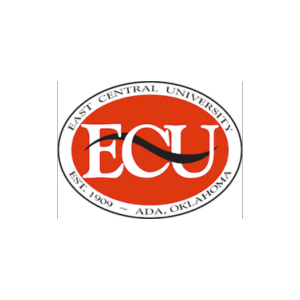
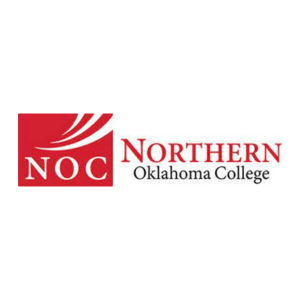

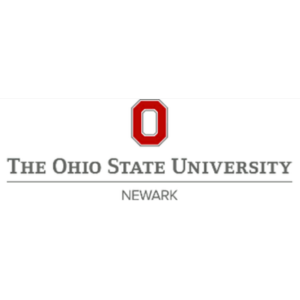
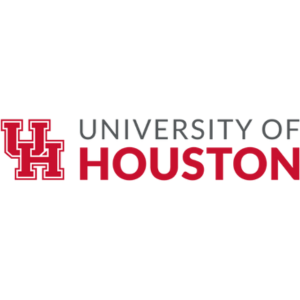

Organizational Partner

Funding Partner
Key Insights
- There are tremendous benefits to be realized when institutions intentionally link their student success initiatives.
- These connections are advantageous for all students–especially students of color, low-income students, first-generation students, and other students who do not have the privilege of coming from families with extensive amounts of social, cultural, and/or financial capital.
- Intentional connections between student success programs require the development and ongoing implementation of a comprehensive, equity-focused, evidence-based plan for student success–a plan that exposes unjust designs and, in the process, promotes socially just design.
- A comprehensive design harmonizes an institution’s student success efforts–addressing gaps, unintended redundancies, and other aspects so that an intentional whole becomes greater than the sum of the currently disparate and unjust parts.
Next Steps
- PACE institutions will examine inventories, surveys, and academic advising efforts.
- PACE institutions’ course redesign teams will participate in Teaching and Learning Academies for initial redesign efforts.
- Target launch of redesigned advising and gateway courses is scheduled for Fall 2023 for most participants.
Outcomes
impacted at six universities and colleges
0
come from historically underrepresented student populations (Black, Hispanic/Latinx, Native American)
0
%
pell eligible students
0
%
